Prior to today, Tuesday Mar. 15, 2022, my go to recommendation for a new electric vehicle had a Tesla badge on the hood. Why? Because normal people who don’t know much about electric cars have the easiest time transitioning when the car they are driving is a Tesla.
The Supercharger network is reliable, and Tesla’s route planning software that factors in charging stops and charger availability right into the infotainment still is unmatched.
But today, the Ides of March, Tesla raised its prices once again. My stalwart recommendation, the base Tesla Model 3, is now $48,190 with the destination charge. That means when you factor in tax and title you’re spending over $50,000 for a Model 3.
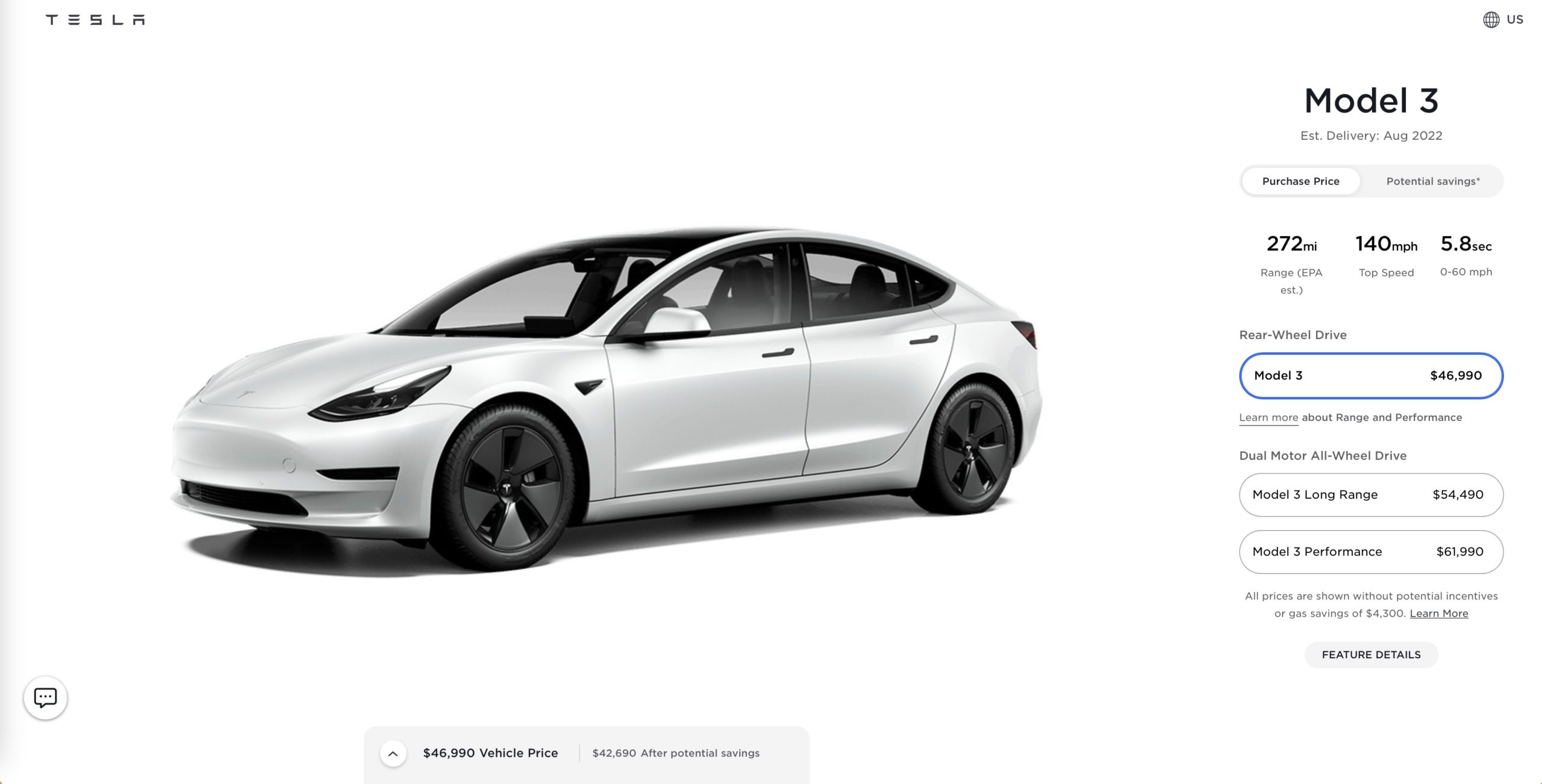
There is some value in the Supercharger network, and that before mentioned infotainment software. There is. It’s not a direct apples-to-apples comparison with other EVs because Tesla still dominates in that area. But the price delta is just too much for me now.
A Hyundai Ioniq 5 rear-motor, non-base model that has an EPA-rated range of 303 miles is $44,895 with delivery. That’s a $3,295 price difference in just MSRP. Considering how often people ACTUALLY road trip that’s a lot of money for the inconvenience of having to use Electrify America — which is getting better by the day — or ChargePoint.
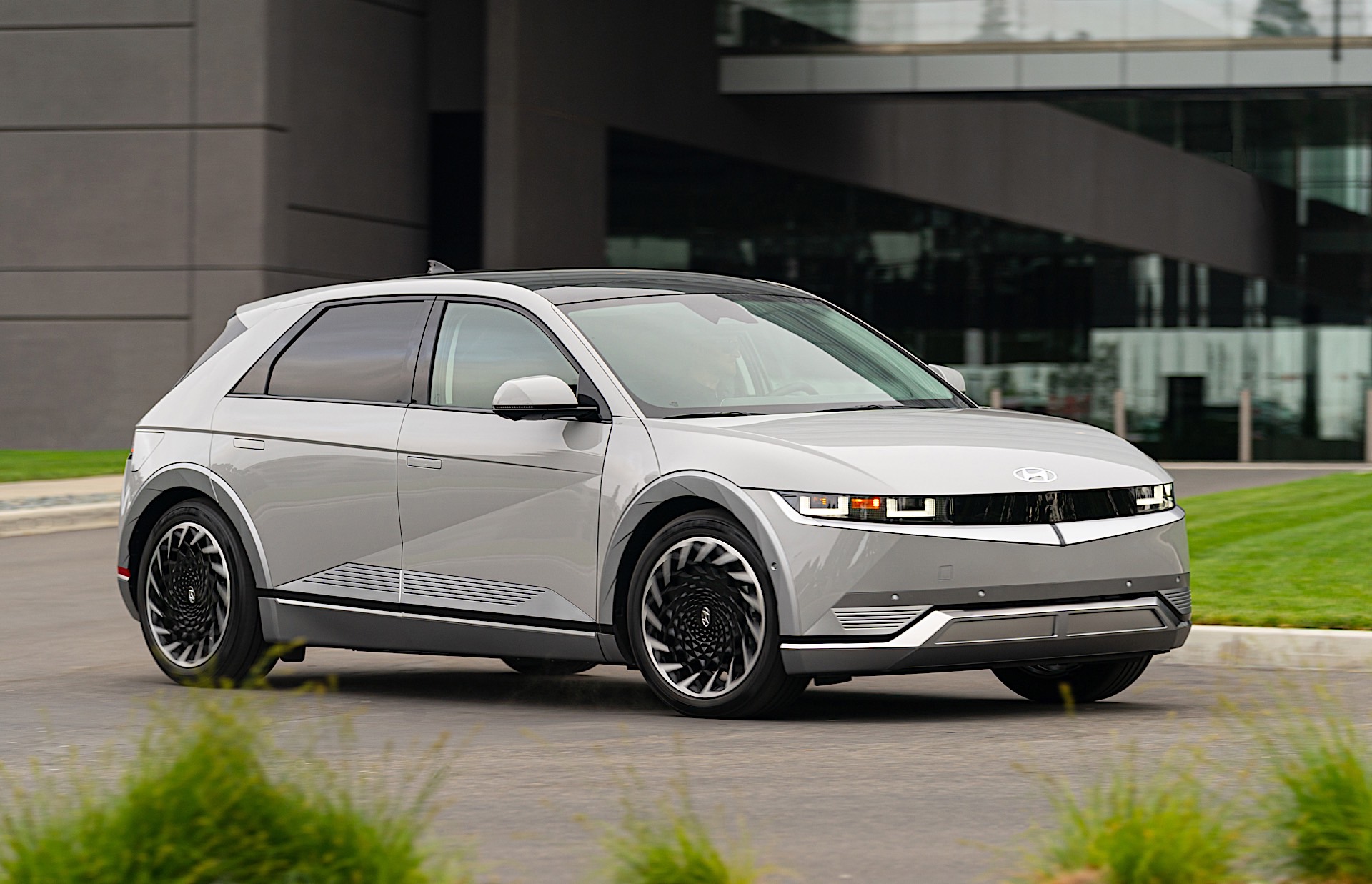
Do you think the Hyundai Ioniq 5 is ugly? Try the Kia EV6. The EV6 Wind has 310 miles of range for $48,215 with delivery. While it is $20 more expensive than the Tesla Model 3, I can vouch that it drives significantly better if you’re into driving dynamics.
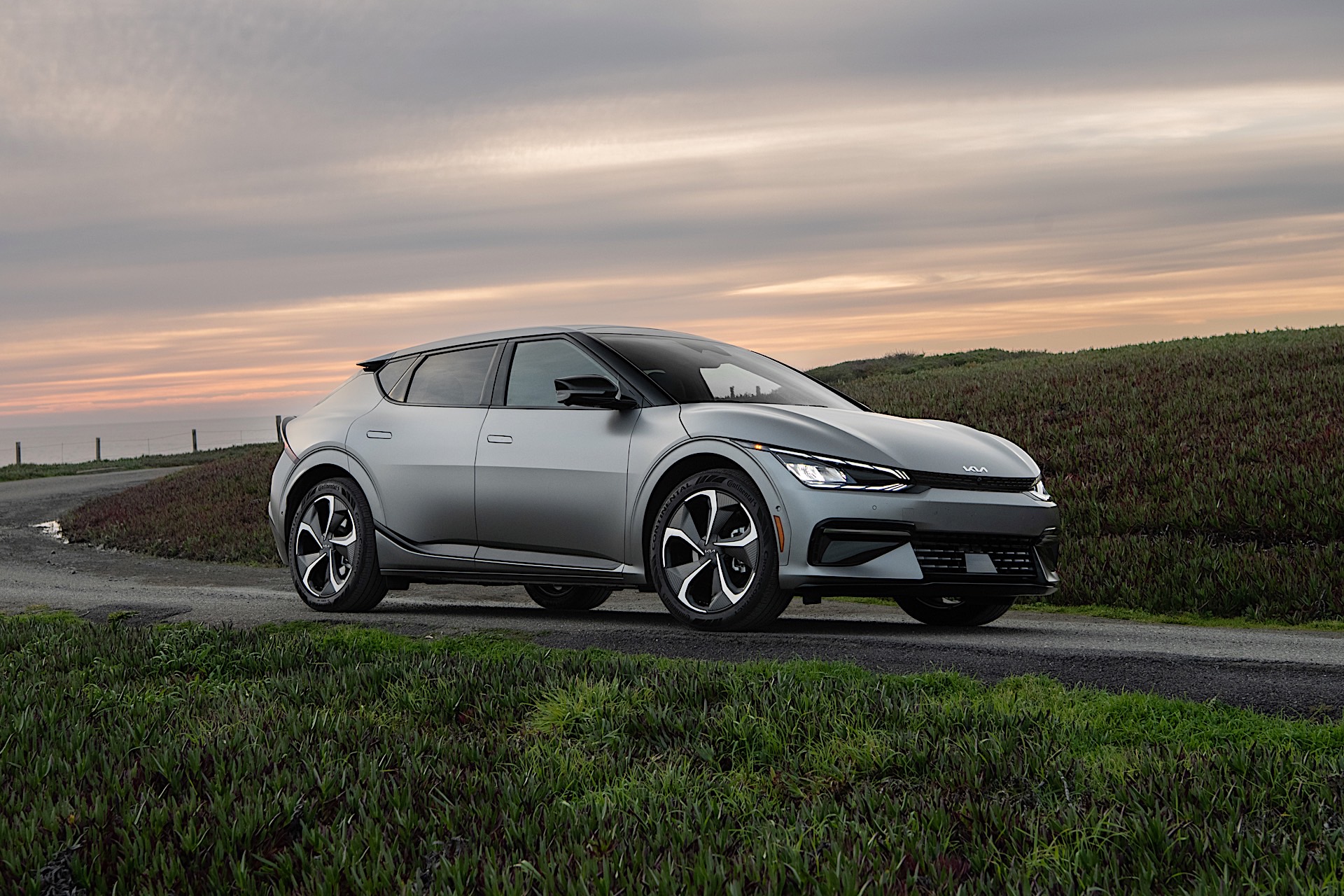
What hasn’t been mentioned about these Korean competitors yet is that they are both eligible for a full $7,500 federal tax credit.
Additionally, the Korean alternatives have the company’s level 2 driver’s assist functionality which works as well in testing, in my opinion, as Tesla’s Autopilot.
Plus, with the 800-volt architecture of the Koreans, the cars will charge at up to 235 kW compared to Tesla single motor units that top out at 170 kW.
There are a few things that Hyundai Motor Group doesn’t do as well. There is no battery preconditioning when heading to a DCFC. There’s no charger-based route planning in the built-in navigation. The former isn’t a huge deal, but the latter is something that I hope they fix quickly. It should be possible because the infotainment software is upgradable over-the-air.
There are a slew of other competitors out there that are less expensive than the Tesla Model 3. The Nissan Leaf is a nice package that we spent some time with recently, but the CHAdeMO connector is a bit of a challenge when traveling beyond the base range.
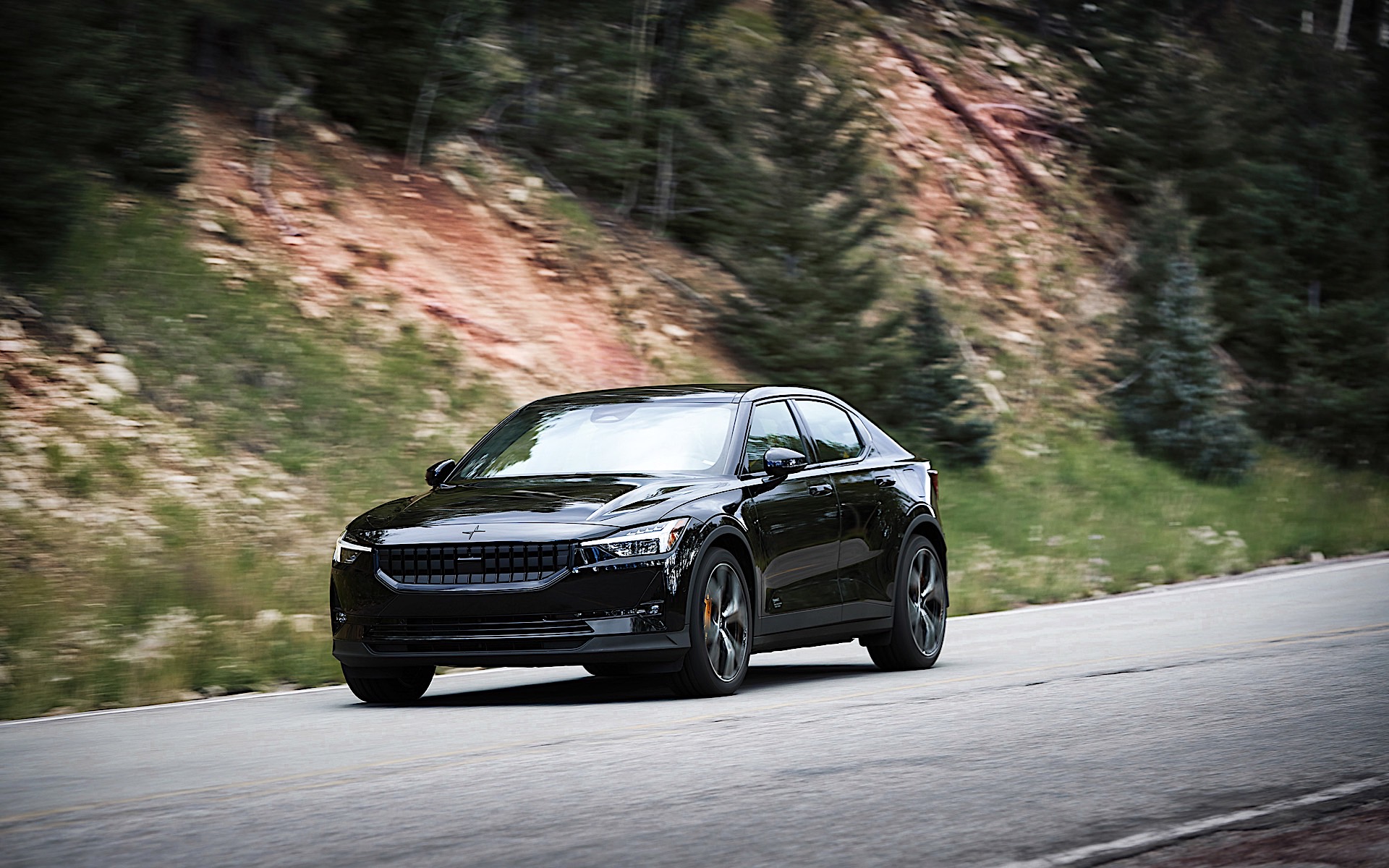
The Polestar 2 front-wheel drive single motor is a cool car, but we don’t like having to pay extra for the level 2 ADAS software. But it’s an appealing option with Google-based navigation and it has trip planning functionality that is almost as good as Tesla’s.
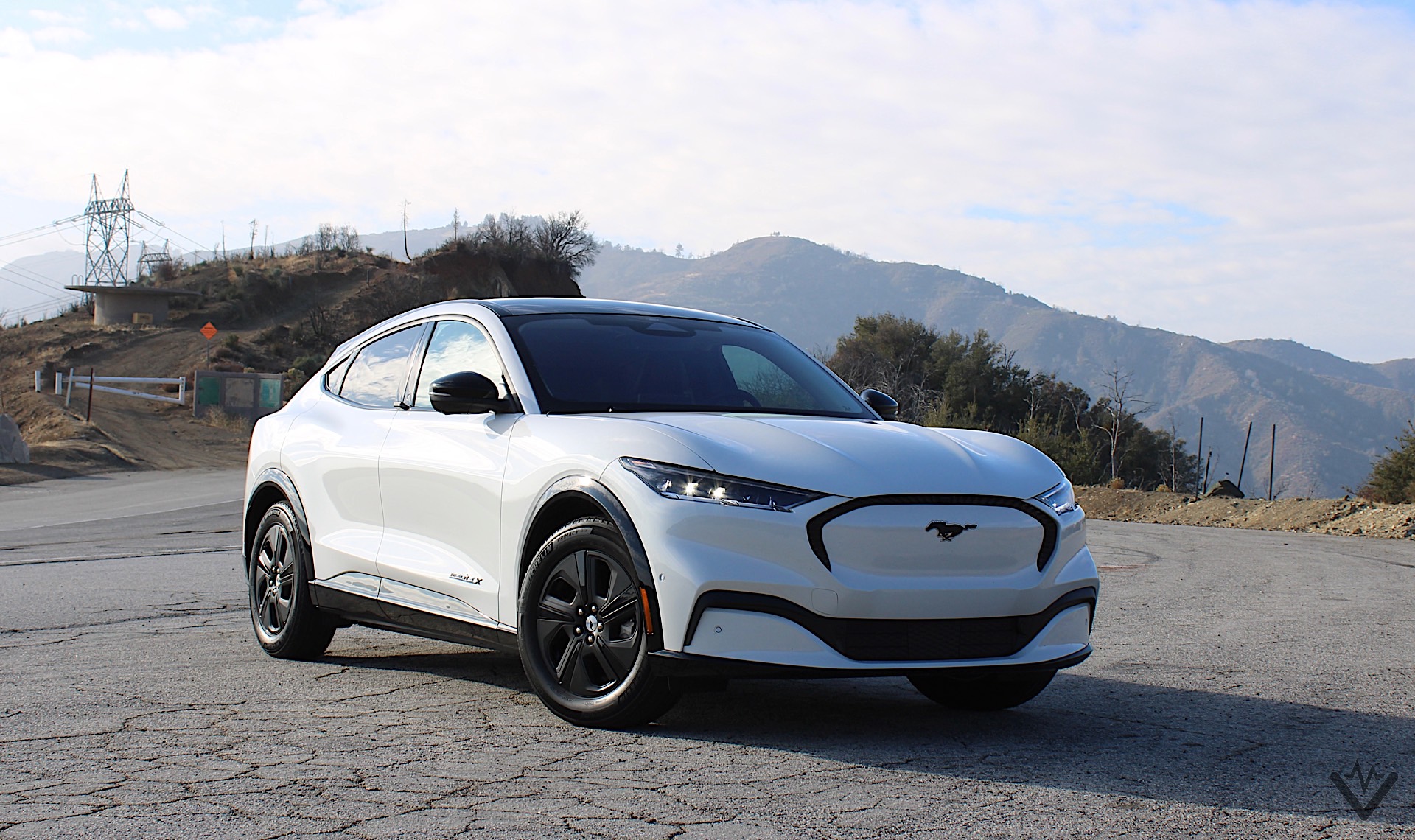
Ford’s Mustang Mach-E is a popular alternative, but if you check the Ford site today there aren’t too many options to custom build. Part of that is probably chip shortage and supply chain issues, but there’s a big gap between the standard range car and the GT performance version.
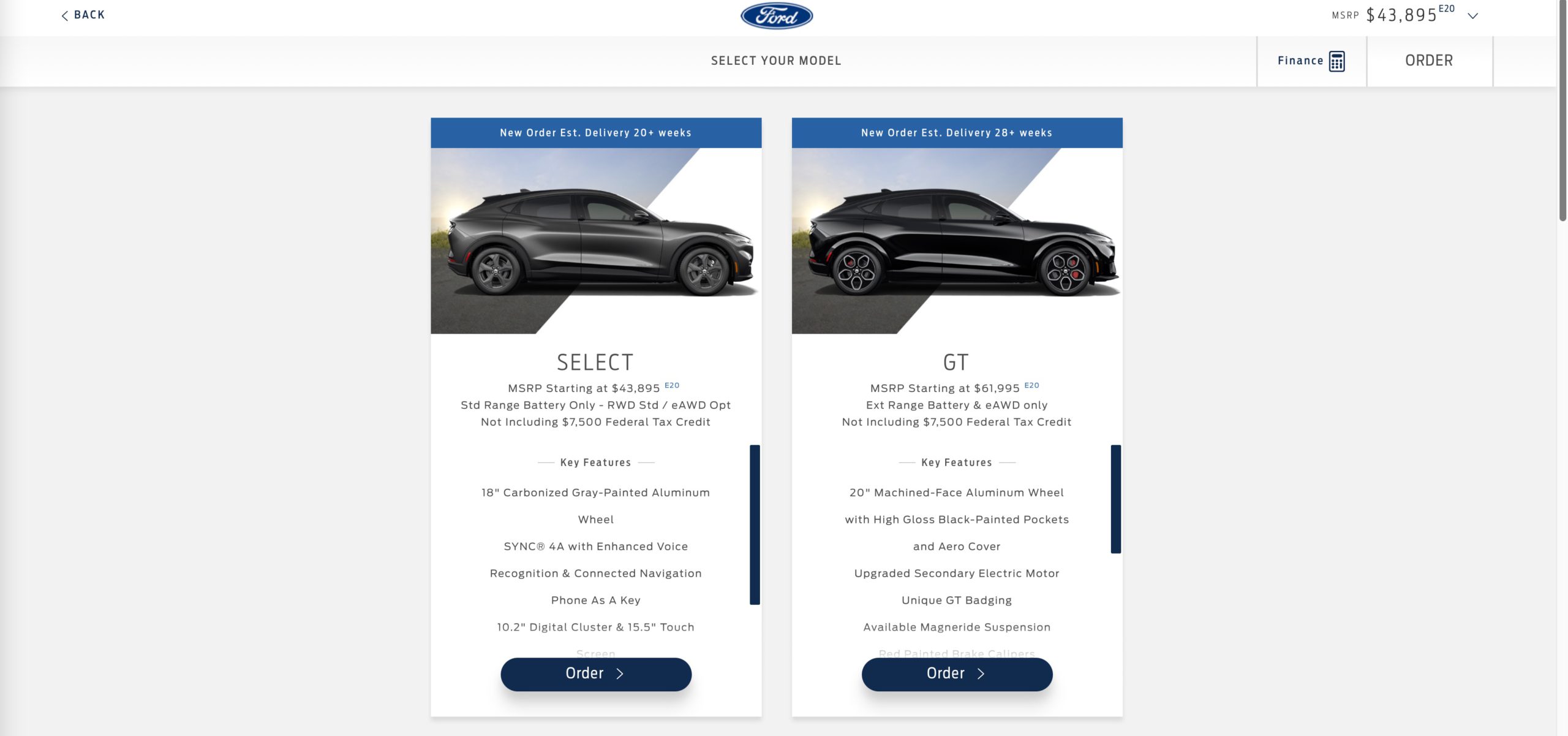
Volkswagen’s ID.4 is also a good crossover with some advanced trip planning functionality. It’s not great yet, but software updates keep improving it. The peak charging rate is a bit too slow for our tastes.
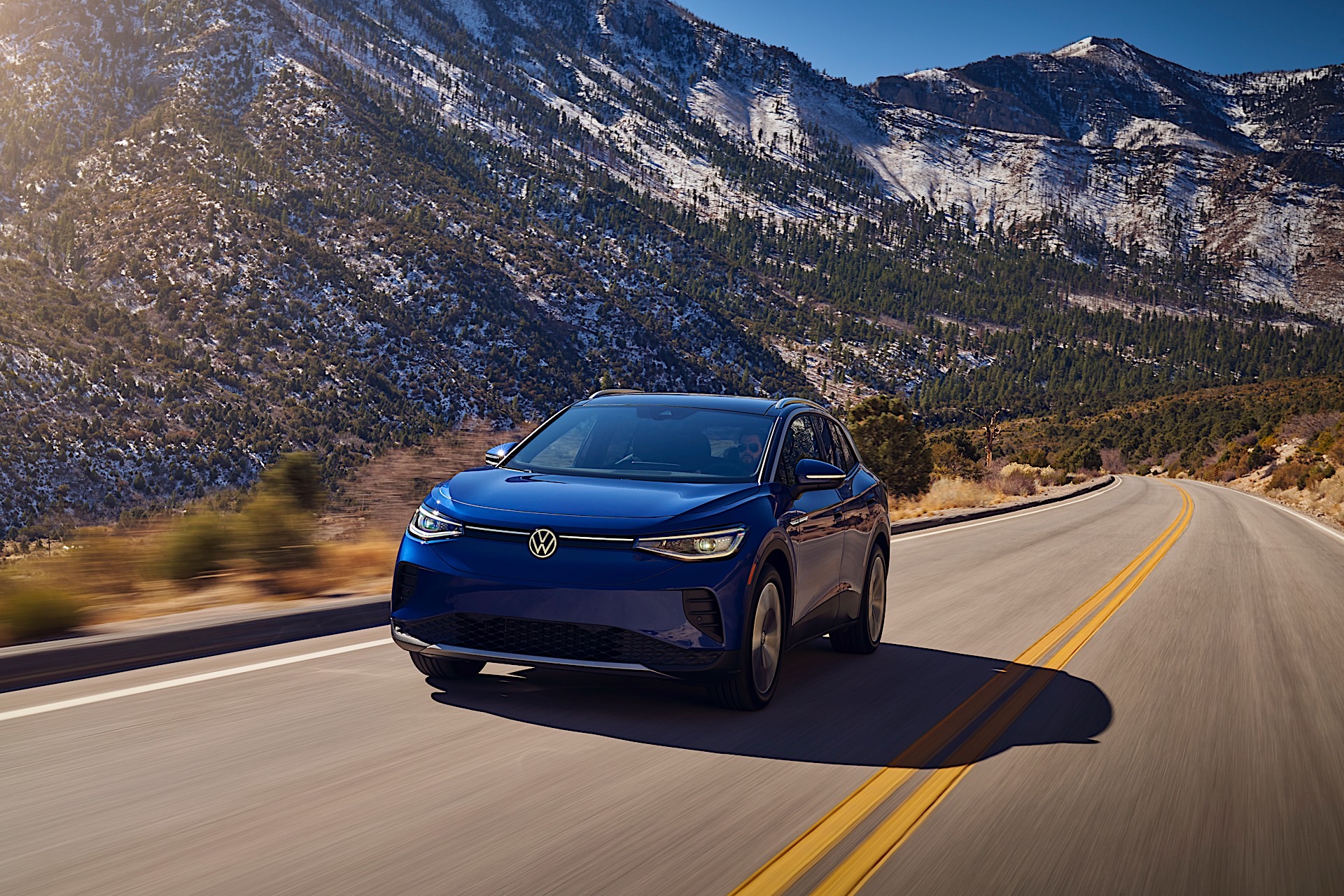
All of the alternatives are good, but as long as Tesla keeps raising its prices I’m going to have to send people elsewhere for their first EV. The Supercharging network is great. The infotainment route-planning is great. The mobile app on the phone is great. But the car is multiple thousands of dollars more expensive than some of the longer-range competition.
For now? For right now? For this week? The Koreans are my new answer.

